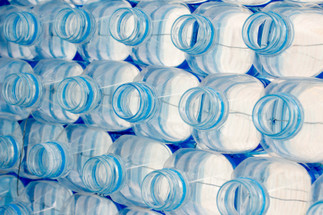Posted by Lisa Edwards on Jun 17th 2016
Is my night guard safe? The importance of staying clear from BPA
Protecting your teeth is the only option until you get to the root of what is causing this bruxism. There are many choices available over the counter, but one thing you want to be certain of is that the material your night guard is made of is free of harmful chemicals. BPA bisphenol-A is one chemical you want to steer clear of when you are using a product directly in the mouth for extended periods of time.
What is BPA?
Since the 1960s, the chemical BPA has been used to harden plastics. BPA can be found in water bottles, canned foods, food and beverage plastic containers, medical devices, dental sealants, and many other products.
How BPA can affect the body?
According to WebMD, animal testing has raised concerns that BPA in large amounts could lead to:
- Affected hormone levels in fetuses, babies and children
- Brain and behavioral issues
- Increased risk of Cancer
- Heart Problems
- Other conditions such as obesity, diabetes and ADHD.
Measures you can take avoid BPA
The National Institutes of Health, advises:
- Use BPA-free products. - Read labels, seek products labeled as BPA-free.
- Be Informed: Plastics marked with recycle codes 3 or 7 may be made with BPA.
- Cut back on canned foods: Most cans are lined with BPA-containing resin.
- Avoid microwaving and dishwashing plastics: plastics may break down over time and allow BPA to leach into foods.
- Find alternative storage solutions: Choose glass, porcelain or stainless steel containers for hot foods and liquids instead of plastic containers.
Bottom line, like with the food you put in your body, you need to read the labels for food storage products as well as dental appliances. If you are uncertain, it is worth your time to pick up the phone. Only then will you know for sure that you're free from BPA.
SOVA nightguard is BPA Free. So, protect your teeth safely and get some sleep!


